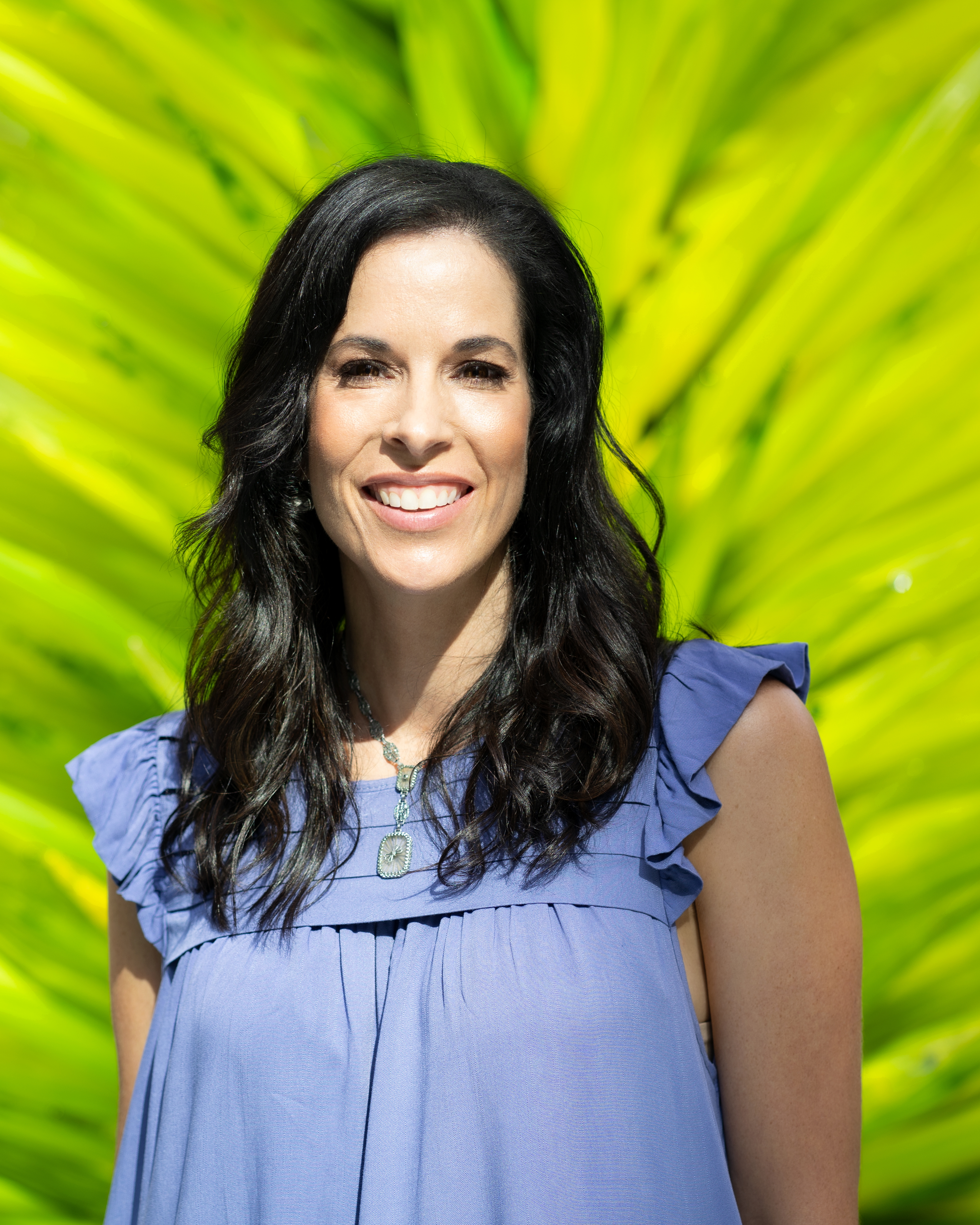
Since ancient times, spirals have represented the journey of life. In nature, they are emblematic of progress and possible growth. They are part of our very essence — from fingerprints to the galaxy we live in.
The legendary default reference to spirals in psychology has always been the downward spiral. We’re warned that if we make one false move, we’re done. That once we’re on the wrong path, we can’t turn it around.
Luckily, positive psychology research is challenging these damaging, long-held beliefs. University of Michigan’s Barbara Frederickson’s broaden-and-build theory of positive emotions suggests that while negative emotions narrow thought-action repertoires that trigger fight-or-flight behaviors, positive emotions help broaden them. In other words, when we focus on what’s working well, we widen our attention and cognition. It turns out that we are capable of initiating upward spirals.
Upward spirals help us generate needed momentum in the face of life’s non-linear path. They bring us to a whole new level of productive thinking and behaviors. They help us redirect our energies — so we can capitalize on our strengths and leverage our resources. They keep us from defaulting into downward spiral mode — the one we’re often taught to expect when life’s storms shake us up.
Avoiding these eight downward spiral thinking types can help you unlock the amazing power of your upward spiral.
1. The preemptive 911 caller.
Something happens, and you see it as a total emergency. When your amygdala is in full force, it’s likely you are only able to see red and hear alarm bells going off. You spin into a place where you see reality as being nothing but a full-on crisis. Panic sets in, and everything gets blown way out of proportion.
2. The saboteur.
Difficulty strikes, and you automatically engage in self-sabotage, taking everything personally and blaming yourself for the occurrence of events, even those over which you have no control. Your thoughts interfere with reasoning, and instead you beat yourself up incessantly, diminishing your sense of value and worth.
3. The zero-shades-of-gray thinker.
When looking at a situation, you only see extremes or absolutes. You define things in black-and-white, all-or-nothing terms. Your view is that something is either this way or that, and it’s hard to see the possibility that it could also be a both/and situation.
4. The labeler.
You look at behavior and label it in negative terms. Even though it’s hard to deal with, you believe it is a universal defining trait versus a behavior or situation that needs modification. This trap can lead to self-labeling, as well as judging other people.
5. The tunnel visioner.
When evaluating what’s at hand, you only zoom in on the negative details, ignoring anything that is positive and worth appreciating. When something goes wrong, you have trouble identifying the things that have also gone right. Downward-spiraling tunnel vision focuses on deficits and injuries rather than lessons and strengths.
6. The broad brusher.
You paint a very broad picture, make loose connections between past or present instances, and create sweeping over-generalizations to describe what’s at hand. You use phrases like “I never,” “This always,” and “Everyone” to make big assertions of what you see happening.
7. The superhero.
Your cape is always on, working hard to never let anyone down. You pride yourself on doing all and being all, at all costs. You “should” and “must” yourself to the nth degree, but when something goes wrong, you come crashing down, and your self-esteem goes plummeting. When you can’t save the world, you experience extreme disappointment.
8. The imposter.
Because you constantly engage in social comparison, you magnify the positives you see in everyone else, but downplay your own strengths and talents. You think you’re going to be found out, and that you really don’t belong at the level where you find yourself. You worry that people will soon see through your façade and come to their senses on the trust they’ve placed in you.
Life, by its very nature, blows us in many directions. Our thinking can get off kilter as a result — and we need to shift directions. What we pay attention to grows, so broaden and build. Make the space to launch upward spirals. It doesn’t mean we have to sugarcoat or oversimplify pain, or that we don’t have things we need to work on. It means we make an active effort to cope with and address what’s difficult, while spending energy focusing on the positives, too. You don’t have to accept a downward spiral as inevitable. Avoid these thinking vices, and make the amazing power of the upward spiral your default.
Originally published at www.psychologytoday.com


